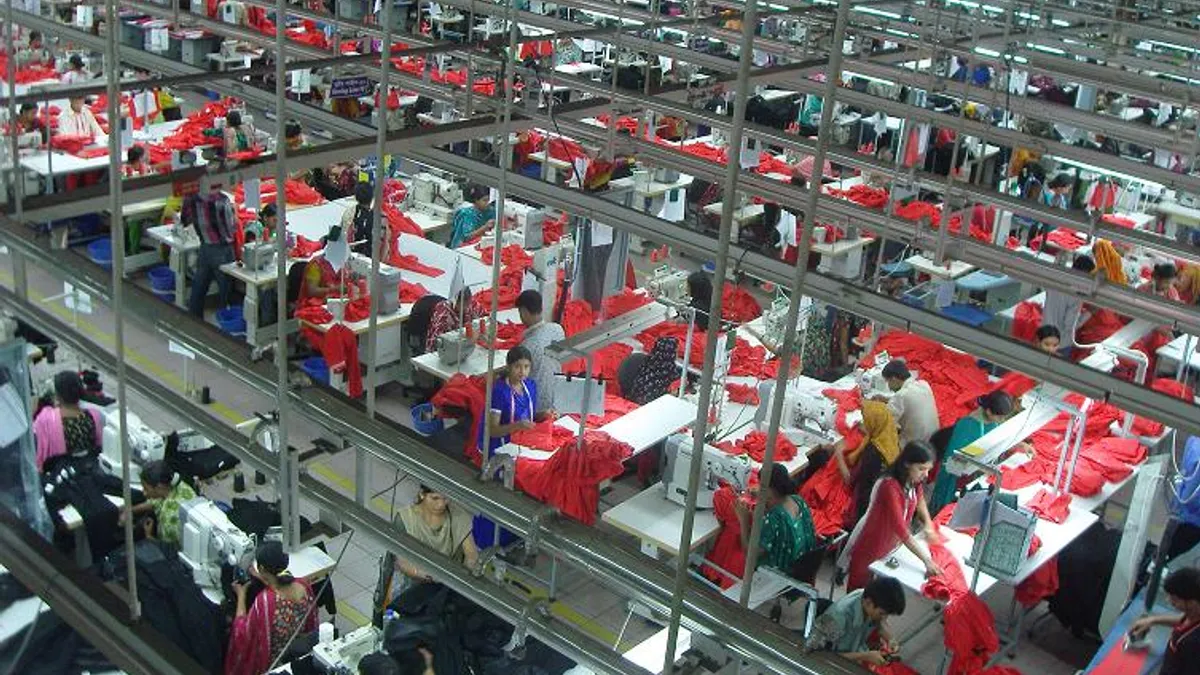Dive Brief:
- A new application launched by the Bangladeshi labor inspectorate, called the Labour Inspection Management Application (LIMA), is designed to improve working conditions through data collection and analysis during inspections, according to Sourcing Journal Online.
- Approximately 250 Android tablets were disseminated to the Department of Inspection for Factories and Establishments (DIFE) to be used for the inspections.
- The app contains four modules. The Factory/Establishments Database is designed for online application of layout plans and licenses for factories. The labor inspection module is used for planning inspections, data collection and reporting of results. The Occupational Safety and Health module discloses workplace accidents. The fourth module tracks remediation work in garment factories under the National Initiative.
Dive Insight:
Isn't it wonderful that there is an app to ensure that we can notify the government of workplace accidents more quickly, or even make it easier for employers to report workplace violations? Channeling my inner John Lennon, imagine if we didn't need to do this at all, because factories were safe, employees were happy and management followed the rules.
On the surface, the LIMA initiative looks to be helping workers, when it really looks to automate an inefficient licensure and compliance process, all with a focus on company productivity.
While there will be a process for reporting workplace accidents, it is the company reporting this data, not employees. How can we be sure that they will report it, or if the government will do anything about it?
Poor working conditions in the garment industry are no secret, yet as buyers, we continue to support that part of the supply chain in our "low cost at all cost" attitude. And as consumers, we turn a blind eye toward what actually allows us to buy $9.99 shirts and sweaters … in an array of spring colors.
For those with suppliers in Bangladesh, this digital labor inspection app may be a start to improve the working conditions to the 4 million garment workers in substandard settings.
But we cannot rely on Bangladesh's government to drive those initiatives. That pressure must come from the buyers — and from the consumers — unwilling to support dangerous working conditions and poor wages. As buyers and consumers, we have more power than we give ourselves credit for. Time to exercise it.
I am not advocating getting rid of that part of the supply chain and forcing those 4 million people out of work. I just want to see them treated better, working safely and taking home decent wages. There is no app for that.













